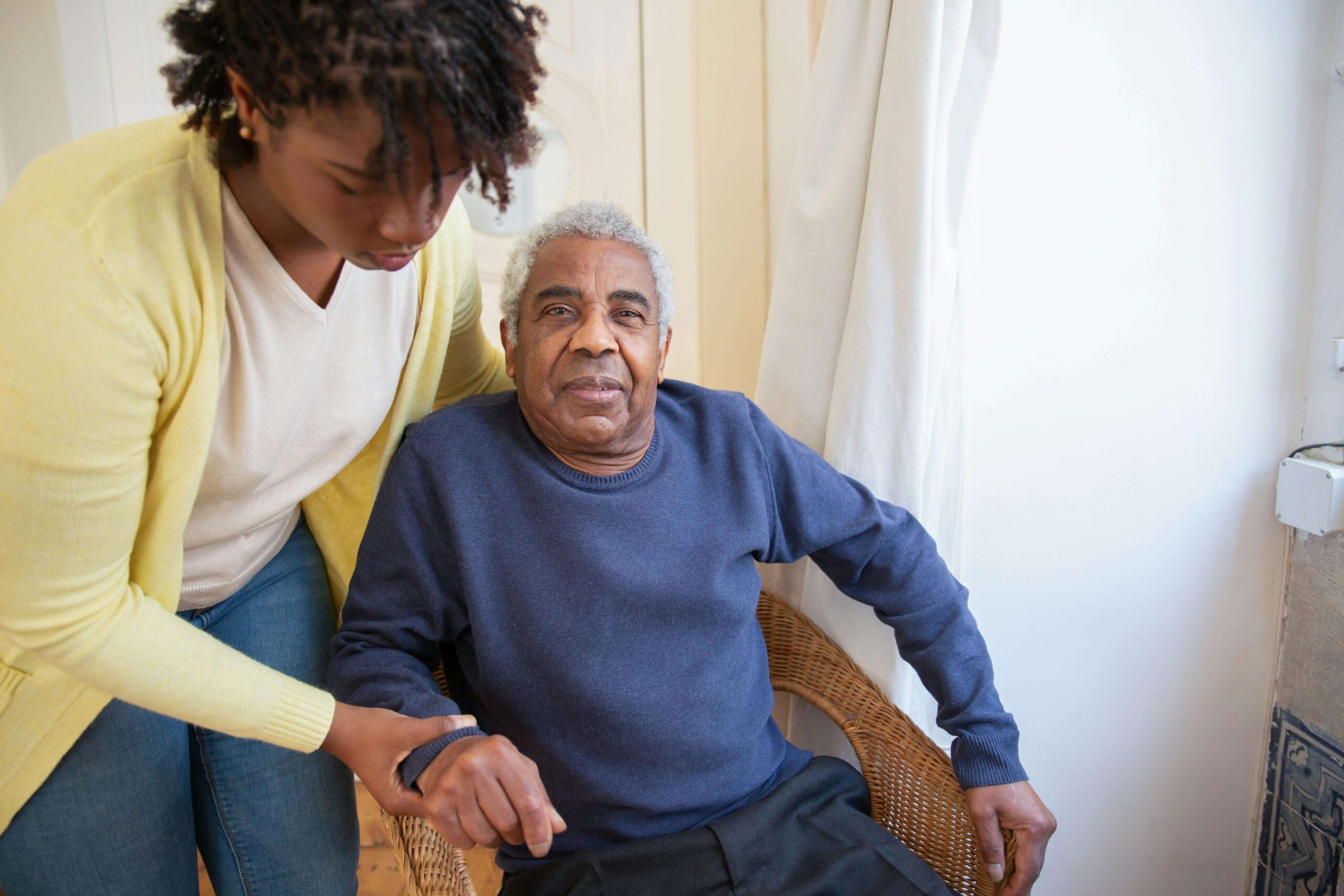Kylie Goldman • Professional Social Worker
Assessment of Incapacity
Psychosocial Assessment of Incapacity
I have conducted many assessments of incapacity, and witnessed the emotional turmoil that families undergo during this difficult process. Indeed, it often feels overwhelming. Rest assured, however, that I will help to speed the process and ease the emotional burden.
Below is a brief overview:


Why embark on this process?
A psychosocial assessment of incapacity for the homologation of a protective mandate or to institute tutorship to a person of full age is, as the formal wording suggests, a legal process. In plain language, it’s part of a decision that a family or group of caring friends may take when a loved one can no longer look after themselves and their property, or exercise their rights.
Their “inaptitude or incapacity” may be caused by a degenerative disease such as Alzheimer’s or other form of dementia; severe mental illness; intellectual disability; catastrophic stroke; or brain injury caused by an accident or other event.
In these circumstances, the affected individual’s family or close friends may decide to begin the difficult process of “homologating a protective mandate” or “instituting tutorship.” This enables the family or friends to step in and make decisions when the affected individual can no longer do so.
When and how to begin?
In the Province of Quebec, only the Superior Court can “homologate a protective mandate or institute tutorship.” This is why it’s advisable to hire a notary or lawyer, who will guide you through the process of preparing the medical and psychosocial assessments you’ll need to petition the Court.
To get started, here are some key questions to ask:


Does your loved one already have a protective mandate in case of incapacity?
If so, the mandate names the person or persons your loved one trusted to make critical decisions on their behalf. Only those persons named can therefore initiate this process. If you’re unsure whether a mandate exists, ask your notary to conduct an official search in the public records to locate it. If there is a mandate, then you can proceed to the three steps below, which are the same as if there were no mandate.
Does your loved one not have a protective mandate in case of incapacity?
If no protective mandate exists, or those named in the mandate are unwilling or cannot fulfill their role, then you can proceed with the steps below to apply for tutorship. If possible, it’s always a good idea to involve your loved one in the process by asking them who they would want most to represent them.

Steps to petition the Court to
“Homologate a protective mandate or to make an application to institute tutorship”:
Engage a notary or lawyer.
In order to petition the court, I strongly suggest hiring a professional, who will also advise you to:
Submit a medical evaluation.
A physician must examine your loved one and submit a report confirming a diagnosis that supports mental inaptitude.
Submit a psychosocial assessment of incapacity.
This assessment can be made only by a professional social worker, such as myself, who is a member of l’Ordre des travailleurs sociaux et thérapeutes conjugaux du Québec.
This is where my years of experience and expertise come into play.
Once you have engaged a notary or lawyer and have the medical evaluation in hand, I will assess your loved one’s social functioning and autonomy at home or at their place of residence. This includes their capacity to care for themselves and their property, and whether they need representation to exercise their civil rights. My assessment will help in determining their need for protection, and is a contributing factor in your petition to the Court.
This process may feel daunting and overwhelming. But I am here to help you, to guide and support you every step of the way.
Book a FREE 15-Minute Consultation
You’ll find me easy to reach and responsive to your needs, anywhere in the Greater Montreal area. That’s a promise.
